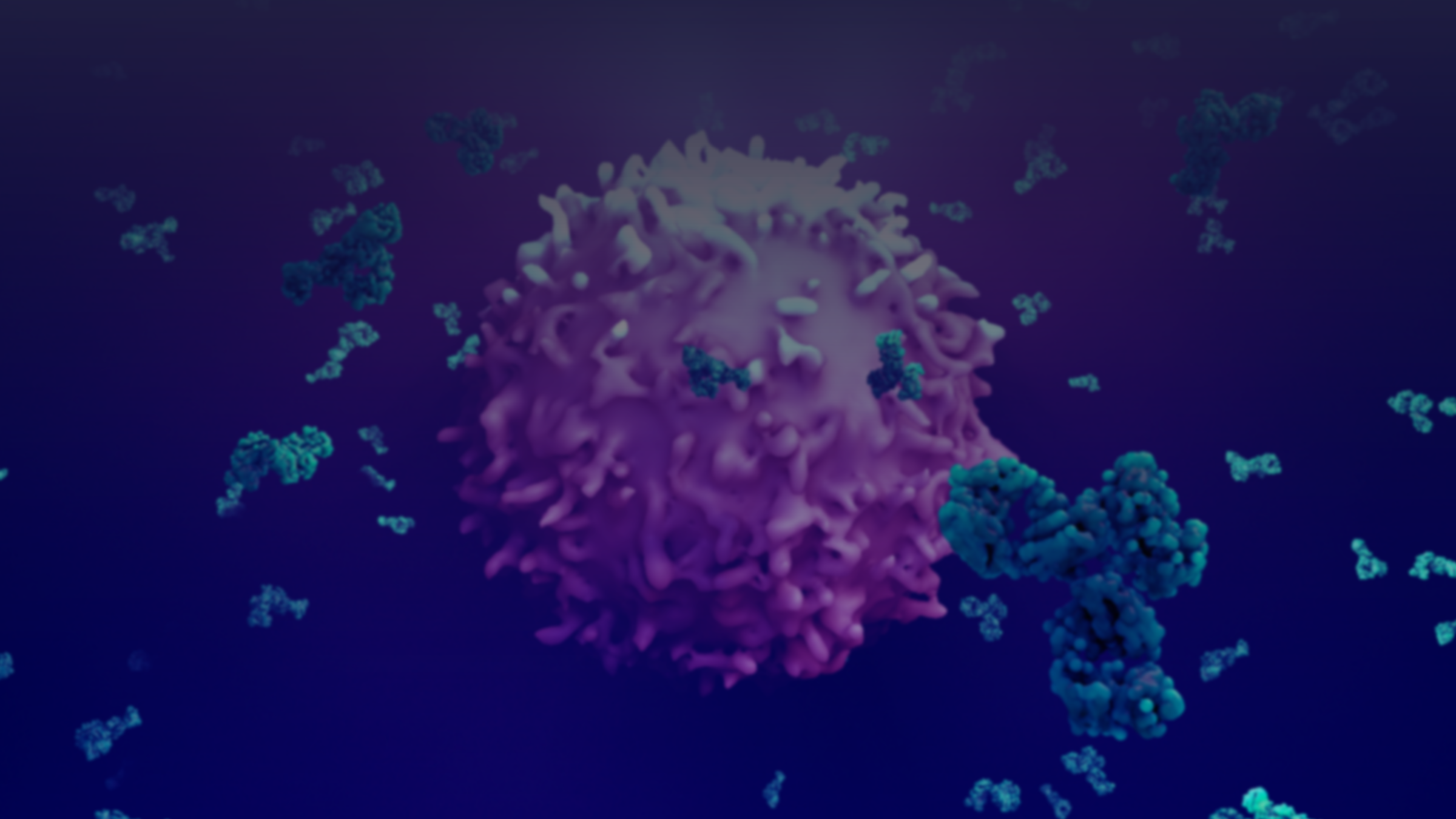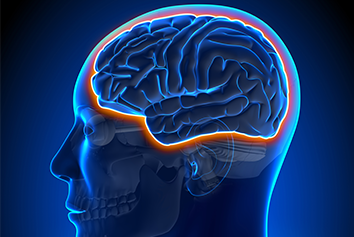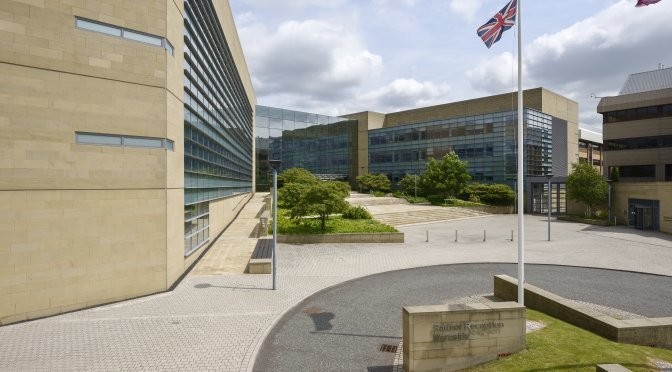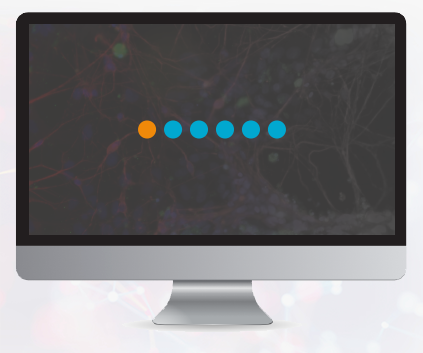There are many ways to apply cell models and cellular assays in drug discovery:
- Cellular target validation and target engagement
- Evaluation of mechanism of action
- Phenotypic and functional responses
- Evaluation of cellular biomarkers enabling translation to human disease and drug efficacy
We have focussed on using human primary and induced pluripotent stem cell (iPSC) derived cells, in complex multi-cell cultures, where appropriate, with the aim to more closely resemble the cell interactions in human tissue.
We can couple complex cellular assays with molecular tools such as gene editing and disease reporters with high throughput analysis pipelines to maximise the data generated from each experiment.
Our Cellular Sciences team offers SMEs, Biotechs, industry, academics and the drug developer community targeted and bespoke solutions. With our disease, technology and industry-experienced scientists, we can offer multiple and integrated ways to answer your questions. Whatever your challenge, we will work with you to develop a bespoke solution.
Did You Know?
The ‘translational success rate’ of preclinical animal model data to the clinic varies from 0-100%, indicating that translational success is unpredictable.
This lack of predictability is a key factor in clinical trial failure.
Leenaars, C.H.C., Kouwenaar, C., Stafleu, F.R. et al. Animal to human translation: a systematic scoping review of reported concordance rates. J Transl Med 17, 223 (2019).
Cellular Sciences Team
The Cellular Sciences Team has a wide range of experience and expertise, and we can work with partners to develop bespoke solutions to a wide range of drug discovery problems.
Focus Areas
Within our team, we have a disease focus on neurobiology, using human induced pluripotent stem (iPSC) cell-derived astrocytes, microglia and neurons. In addition, with access to healthy and patient blood, we can model aspects of the innate and adaptive immune response depending on the disease question.
We have also established a complex human model of cardiac tissue, utilising organ-on-a-chip technology, with cardiomyocytes, endothelial cells and fibroblasts forming a beating organoid, to evaluate novel therapeutics for cardiotoxicity. Furthermore, we have a wide range of expertise we can apply to other disease areas.
Our disease focus is underpinned by expertise in the use of molecular tools and complex models with multiple assay readouts, allowing characterisation of phenotype and cellular function with advanced microscopy, flow cytometry and multi-omic analyses.
In addition, we have developed a pipeline of assays to characterise a wide variety of complex medicines and therapeutic delivery devices. Using these pipelines, we can demonstrate cellular uptake and target engagement, and downstream efficacy using our established pipeline using expertise in advanced microscopy and molecular sciences.
Our Technologies
Using our state-of-the-art technologies available in our laboratories, we can approach partners’ questions in different ways that may give insight into biological processes.
Together with our bioinformatics colleagues, we can correlate in vitro data with existing clinical datasets to add context to the experimental results. Furthermore, we can help build translational evidence by working with our Translational Imaging Team and follow biomarkers through in vitro, preclinical models and to the clinic.
Our technologies include a wide range of advanced microscopy, multi-omic analyses such as mass spectrometry and transcriptomic profiling, and liquid/media/supernatant analysis such as Luminex and Simoa.
In Cellular Sciences, we aim to use the right cells, the right model and technology to help build translational evidence for novel therapeutic development.
We do this by offering bespoke solutions to specific questions. Our team have a broad range of disease, technology and industry expertise which we can apply to each project’s particular needs.

Dr Emily Offer
Head of Cellular SciencesCollaborate with our Experts
We can support you with a wide range of in vitro science projects to:
Questions we can answer
Our work in complex cell models will allow you to:
Reshaping Medicines Discovery...
It's ambitious, it's achievable
-
Working with MDC has provided expertise and intellectual input. It has also enabled access to a wider network of companies providing specialist services.
Dr David Templeton
Technical Director, N4 Pharma
Our Experts

Dr Emily Offer
Head of Cellular Sciences
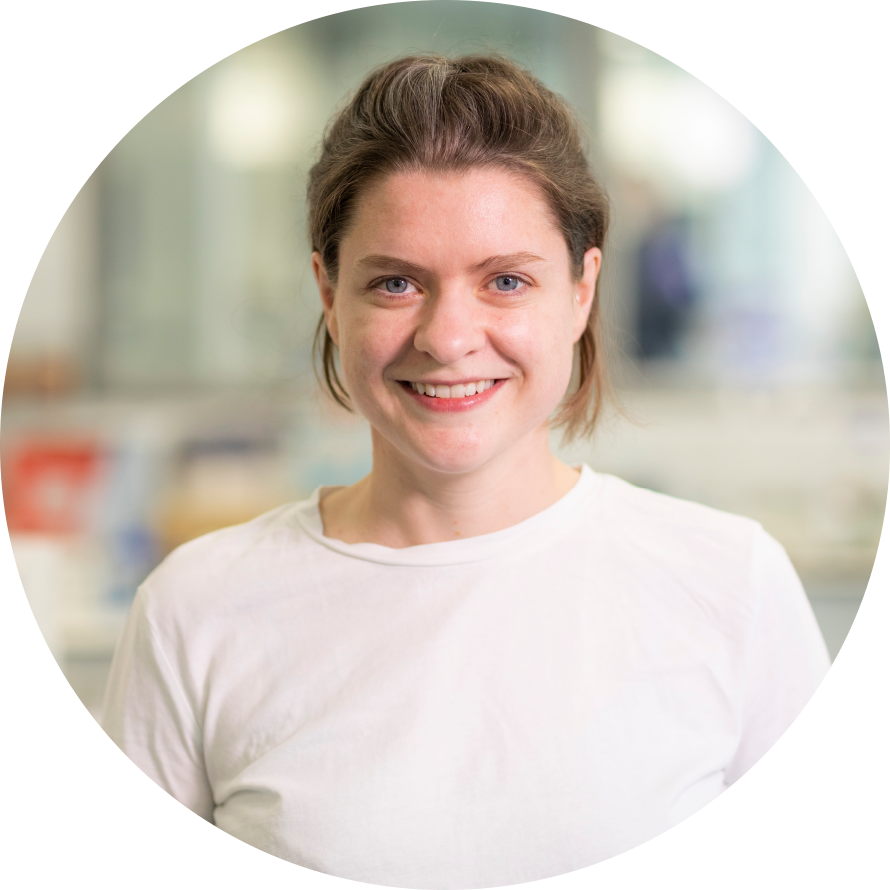
Dr Lorna Fitzpatrick
Lead Scientist
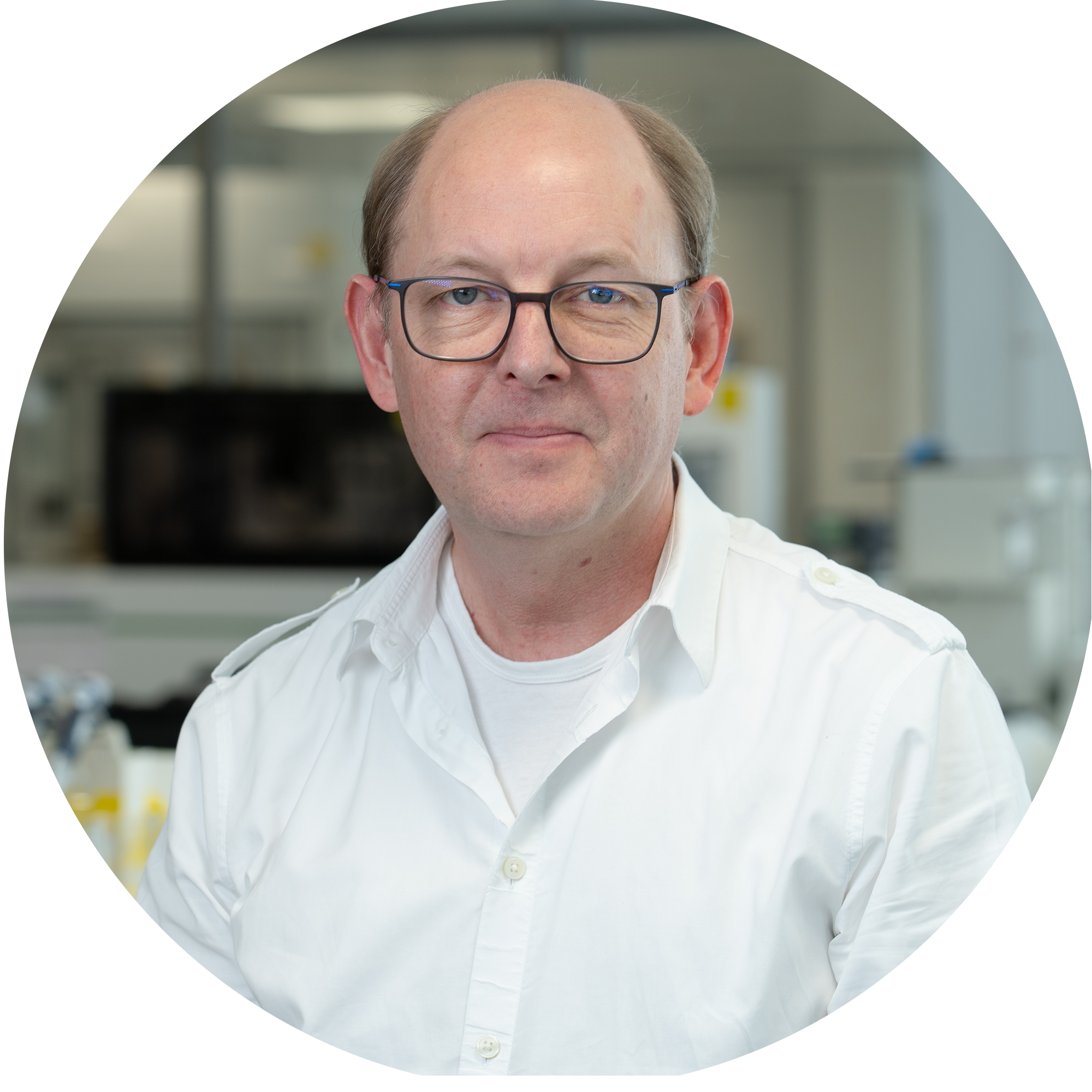
Dr Malcolm Haddrick
Lead Scientist

Dr Emma Jones
Lead Scientist
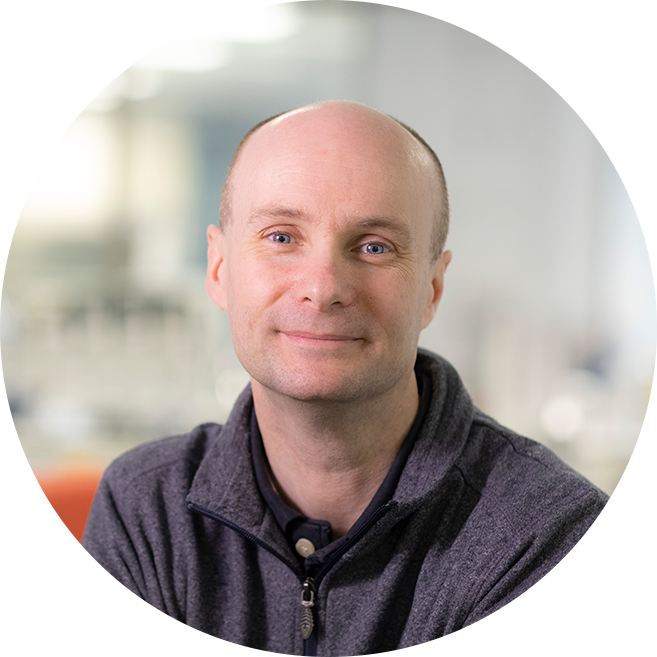
John Vincent
Senior Scientist

Dr Adam Rolt
Senior Scientist
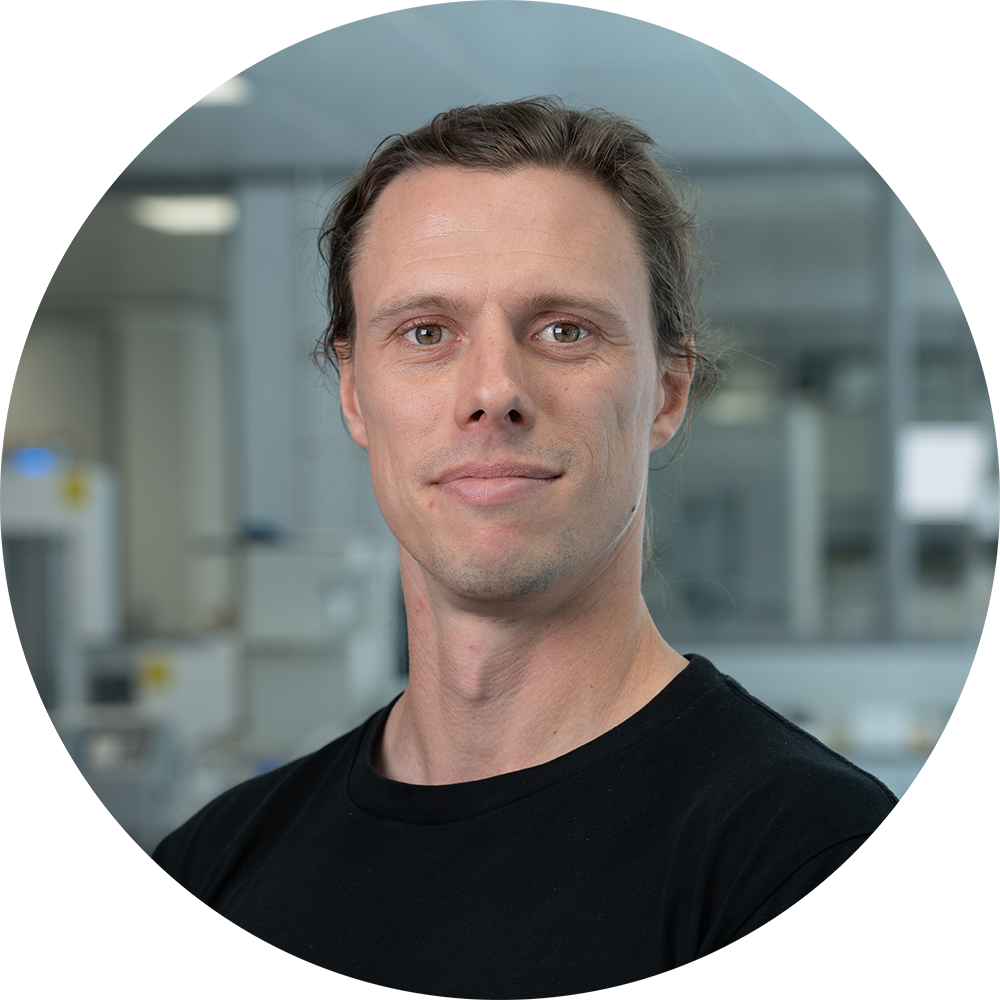
Dr Phil Auckland
Lead Scientist
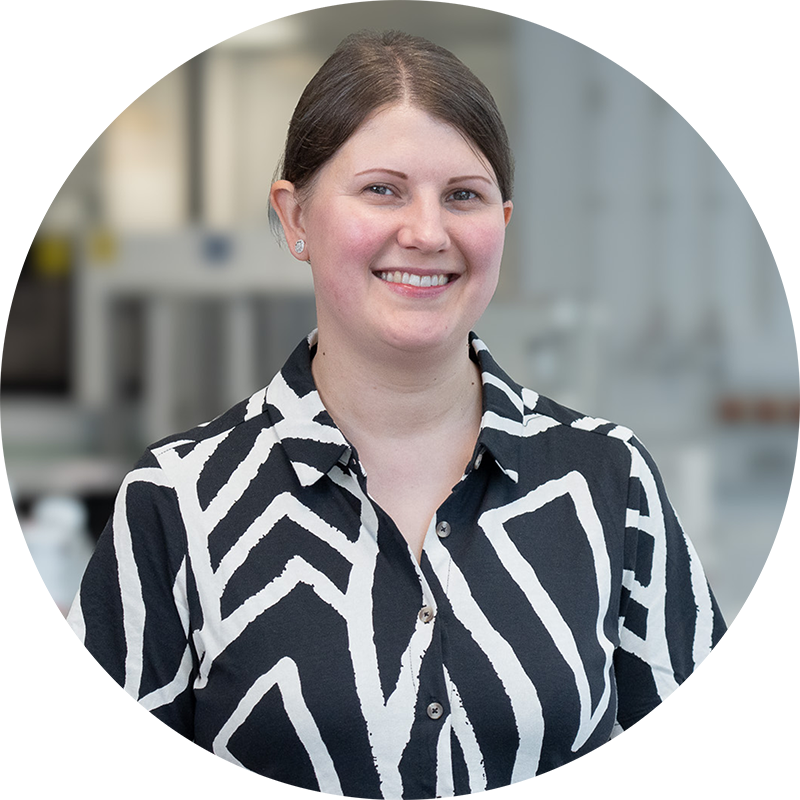
Catherine Eagle
Lead Scientist
Our Capabilities and Technologies
Speak to Us
We can help support you with your next drug discovery project.

